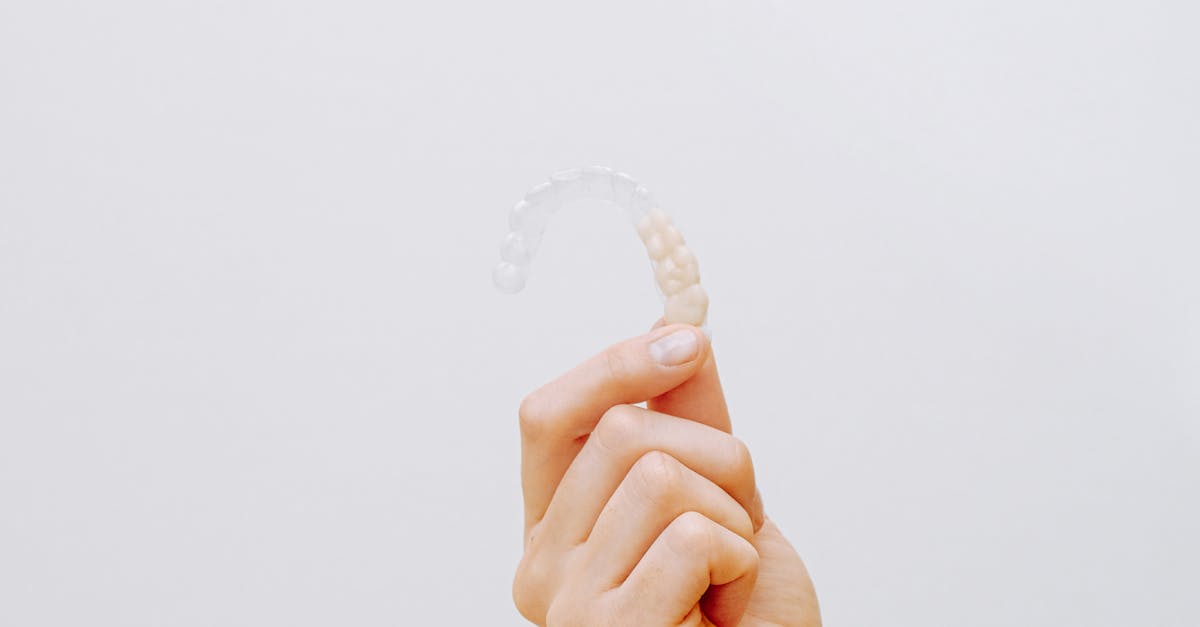
LongTerm Benefits of Gum Graft Surgery
Gum graft surgery, such as Highland, Boise Gum Grafting, offers significant long-term benefits for individuals with receding gums. By undergoing this procedure, patients can experience a noticeable improvement in the appearance of their smile and overall oral health. The surgery works to protect the tooth roots, prevent further gum recession, and reduce tooth sensitivity caused by exposed roots. These long-term benefits can contribute to better oral hygiene practices and a decreased risk of dental issues in the future.
In addition to the aesthetic improvements, gum graft surgery can also enhance the functionality of the mouth by restoring gum tissue and supporting the teeth properly. This surgical intervention aids in stabilizing the gums around the teeth, which can ultimately preserve the integrity of the entire oral structure. With proper post-operative care and regular dental check-ups, individuals can enjoy the long-lasting benefits of gum graft surgery and maintain a healthy, beautiful smile for years to come.
How Does Gum Graft Surgery Improve Oral Health?
Highlands, Boise Gum Grafting is a procedure that can significantly enhance one's oral health. By undergoing gum graft surgery, individuals can reverse some of the damaging effects caused by gum recession. This surgery helps in restoring the gum line, protecting the roots of the teeth, and reducing tooth sensitivity. Additionally, gum grafting can aid in preventing further gum recession, which in turn decreases the likelihood of tooth loss and other oral health complications. Ultimately, by improving the overall health of the gums, gum graft surgery contributes to a healthier mouth and a more confident smile.
Beyond aesthetic benefits, Highlands, Boise Gum Grafting plays a crucial role in improving oral hygiene. When gums recede, they expose more of the tooth surface, making it easier for bacteria to accumulate and cause decay. Gum graft surgery helps in covering these exposed areas, reducing the risk of bacterial infection and periodontal disease. Moreover, a healthier gum line promotes better plaque control, as it is easier to brush and floss effectively when the gums are in their proper position. Overall, the positive impact of gum graft surgery on oral health extends beyond the physical appearance of the gums, contributing to an individual's overall well-being.
Cost and Insurance Coverage for Gum Graft Surgery
Gum graft surgery is a valuable procedure that helps restore gum health and prevent further dental issues such as tooth loss and gum recession. However, the cost of gum graft surgery can vary depending on several factors such as the extent of the procedure, the location of the dental practice, and the type of insurance coverage you have. In general, gum graft surgery can range from $600 to $1,200 per tooth treated. At Highlands, Boise Gum Grafting, the cost of the procedure is transparent and patients are encouraged to inquire about payment plans or financing options if needed.
When it comes to insurance coverage for gum graft surgery, it is essential to contact your insurance provider beforehand to clarify the extent of coverage for this procedure. Some insurance plans may cover a portion of the cost of gum graft surgery if it is deemed medically necessary to improve oral health. However, elective procedures or cosmetic aspects of gum grafting may not be covered by insurance. It is advisable to discuss all financial aspects of gum graft surgery with your dentist and insurance provider to avoid any surprises regarding out-of-pocket expenses.
Is Gum Graft Surgery Covered by Insurance?
Gum graft surgery, such as that offered at Highlands, Boise Gum Grafting, is a beneficial procedure for individuals facing gum recession or other related issues. However, the cost of this surgery can vary significantly, leading many to wonder if it is covered by insurance. In many cases, gum graft surgery may be covered by dental insurance plans, particularly if the procedure is deemed medically necessary to improve oral health and prevent further complications. It is advisable to check with both your dental provider and insurance company to determine the specific coverage options available to you for gum graft surgery. Some plans may cover a portion or the full cost of the procedure, depending on individual circumstances and the insurance policy in place.
Preparing for Gum Graft Surgery
Preparing for gum graft surgery involves several crucial steps to ensure the procedure's success. Before your appointment at Highlands, Boise Gum Grafting, make sure to inform your dentist about any medications you are taking, as some may interfere with the surgery or the healing process. Additionally, follow any specific instructions given by your healthcare provider regarding eating or drinking before the surgery to prevent any complications during the procedure.
On the day of the gum graft surgery, it is essential to have someone accompany you to the dental office, as you may not be able to drive yourself back home after the procedure. Wear comfortable clothes and avoid wearing any jewelry or accessories that could interfere with the surgery. Lastly, try to stay as relaxed as possible before the surgery by practicing deep breathing or meditation techniques to help you remain calm during this important dental procedure.
What Precautions Should be Taken Before the Procedure?
Before undergoing Highlands, Boise Gum Grafting surgery, there are several precautions that patients should take to ensure a smooth and successful procedure. Firstly, it is crucial to maintain good oral hygiene in the days leading up to the surgery. This includes brushing and flossing regularly to prevent any infections that could potentially complicate the gum grafting process. Additionally, it is advisable to avoid smoking and consuming alcohol as these habits can hinder the body's ability to heal post-surgery.
Furthermore, patients should follow any specific instructions provided by their dentist or periodontist regarding eating and drinking before the procedure. For instance, it is often recommended to refrain from eating or drinking anything for a certain number of hours prior to the surgery to minimize the risk of complications during the procedure. By adhering to these precautions, patients can help set the stage for a successful Highlands, Boise Gum Grafting surgery and promote optimal healing outcomes.
FAQS
Is gum graft surgery considered an urgent procedure?
Gum graft surgery is typically not considered a medical emergency. However, it is important to address gum recession in a timely manner to prevent further oral health issues.
How soon should I consider getting gum graft surgery if recommended by my dentist?
It is advisable to schedule gum graft surgery as soon as possible after it has been recommended by your dentist to prevent worsening of gum recession and other potential complications.
Are there any risks associated with delaying gum graft surgery?
Delaying gum graft surgery can lead to increased tooth sensitivity, further gum recession, and potential damage to the supporting structures of the teeth. It is best to address the issue promptly to avoid these risks.
What are the signs that indicate the need for gum graft surgery?
Signs that may indicate the need for gum graft surgery include gum recession, exposed tooth roots, increased tooth sensitivity, and changes in the appearance of the gum line. If you experience any of these symptoms, it is important to consult with a dentist.
Can gum graft surgery be performed preventively, or is it only necessary once gum recession has occurred?
Gum graft surgery can be performed preventively in some cases, especially for individuals with a higher risk of gum recession. It is important to consult with a dentist to determine the best course of action for your oral health needs.



